Tehran, Oct 07 (V7N) — Brigadier General Ismail Kani, the head of Iran's elite Quds Force, has been missing since last week's Israeli airstrike in Beirut, according to a report from Reuters on Monday. Kani, who had traveled to Lebanon following the assassination of Hezbollah chief Hassan Nasrallah, has not been heard from since the attack.
Two senior Iranian security officials confirmed that Kani, who succeeded General Qassem Soleimani as the commander of the Quds Force, went to Lebanon after Nasrallah was killed in an Israeli airstrike last month. He was reportedly staying in the southern Beirut suburb of Dahiyeh, an area frequently associated with Hezbollah leadership, when Israel launched a targeted strike in the area last week.
The strike, aimed at Hezbollah leader Hashem Safiuddin, took place while Safiuddin was holding a meeting with other senior Hezbollah leaders in an underground bunker. A Hezbollah official stated that the investigation into Safiuddin’s fate is ongoing and no details have been confirmed yet, with Israel reportedly preventing further searches in the area.
Iranian officials stressed that Kani was not present at the meeting with Safiuddin and was not targeted alongside him. However, Tehran has lost contact with Kani since the attack, raising concerns about his fate. A second Iranian official confirmed that efforts to reach Kani after the attack have been unsuccessful.
The Israeli military has stated that it is still assessing the results of its strike in Beirut, but has not provided any further information on Kani’s disappearance.
Kani’s visit to Lebanon followed a significant escalation in tensions in the region, with Nasrallah’s assassination marking a major blow to Hezbollah. Safiuddin, who was also targeted in the strike, was seen as a potential successor to Nasrallah within Hezbollah’s leadership.
Brigadier General Ismail Kani has been a key figure in Iran’s Quds Force since his appointment following the death of Qassem Soleimani in a U.S. drone strike in Iraq in 2020. His disappearance, if confirmed, would mark a further destabilization in the already volatile Middle East.
END/RH/AJ



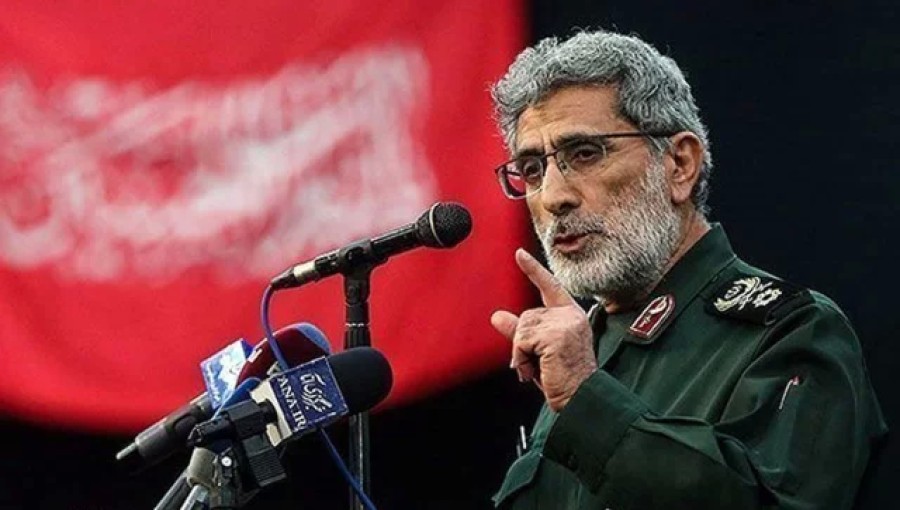
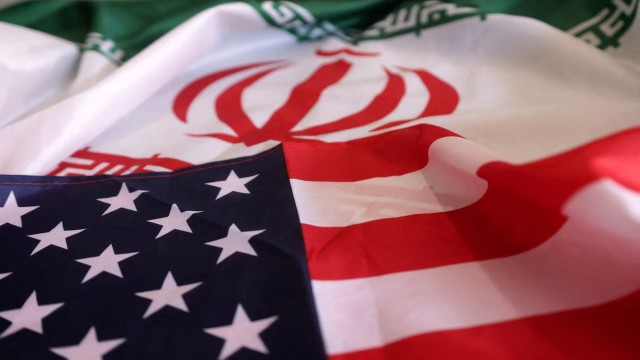
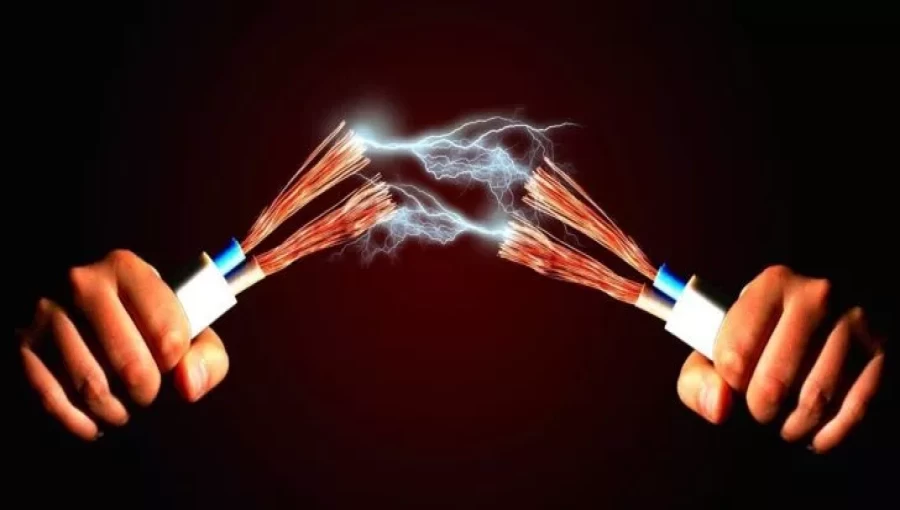
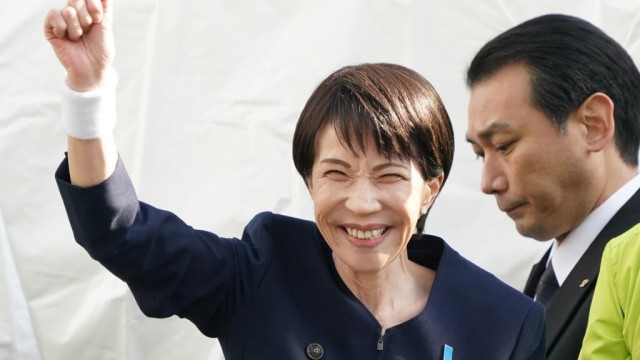


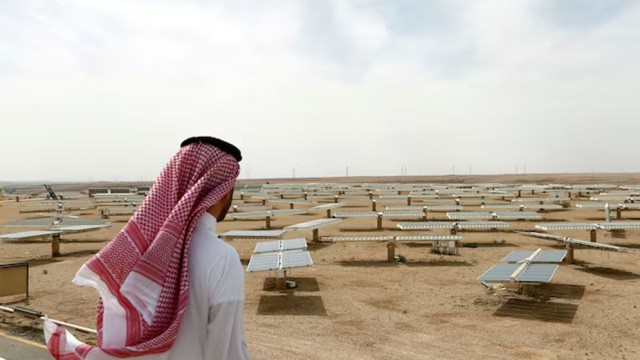
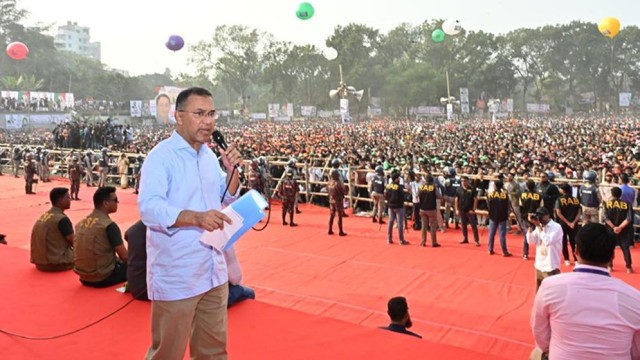
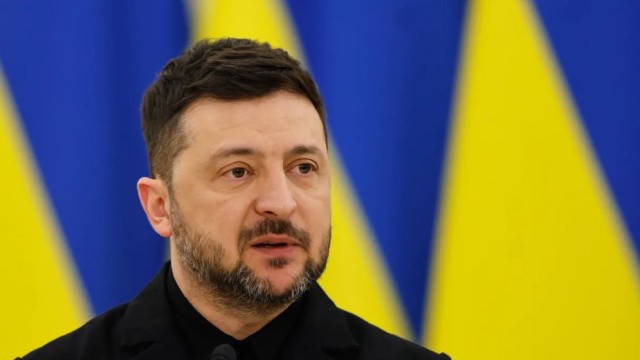
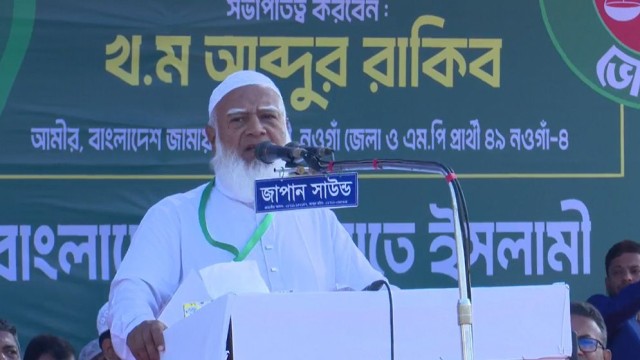
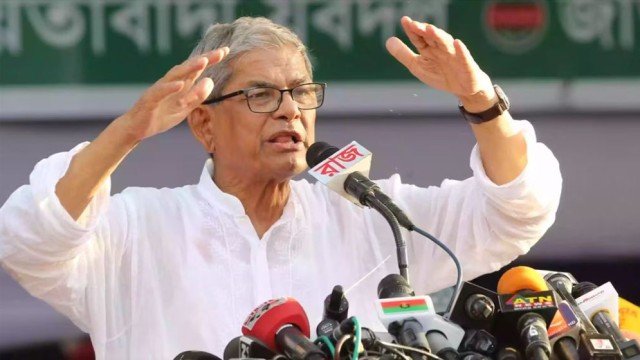

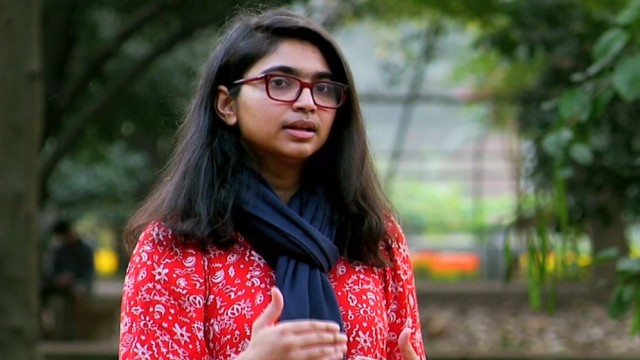
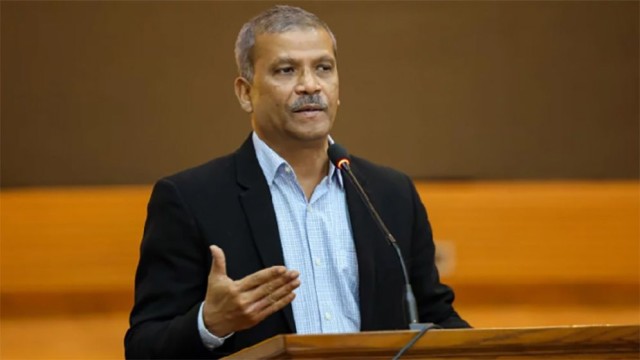












Comment: